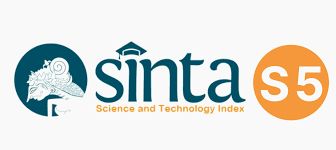Feasibility Study Using Added Value Calculation Analysis for Palm Oil Supply Chain
DOI:
https://doi.org/10.25170/metris.v21i02.2490Keywords:
Added value, business feasibility analysis, Hayami methodAbstract
The Palm Oil Supply Chain (POSC) is a series of companies dealing with
materials or products derived from oil palm fresh fruit bunches. The chain is
interdependent sequentially and cooperate in the control, management and
improvement of the flow of products, money and information from the upstream
side to the downstream side. The POSC consists of palm oil seed growers,
farmers, traders, CPO factory, refinery factory, distributor/retailers, and
consumers. The first party in the chain is the palm oil seed or seedling growers.
These growers have a very important role for palm oil farmers because the
quality of the seeds determines the quality of further fruits. The aims of this
study are to evaluate the feasibility study of growing the seedlings, and measure
the sensitivity of the factors to the profitability. By using modified Hayami
method for the supply chain, the added value obtained is Rp5.950.227.861
which is 34,73% of the sales. The feasibility analysis calculation with an interest
rate of 13.5%, shows the NPV of Rp 38.439.321.865, with the BEP of Rp
828.430.058, while ROI result 78,62%, Payback Periode value 1,27, Modified
B/C Ratio 1,69, and IRR 78,33%.












